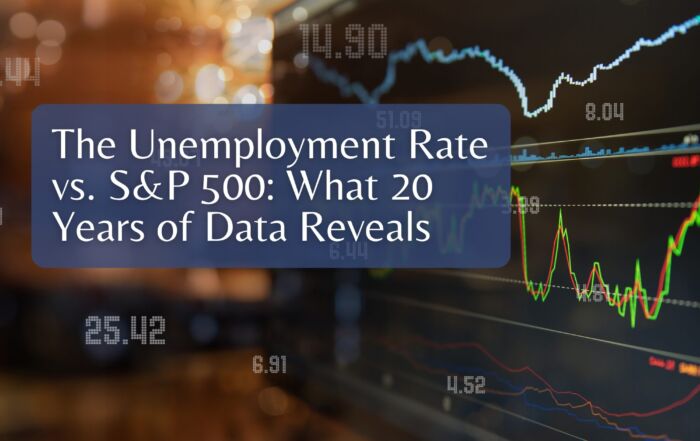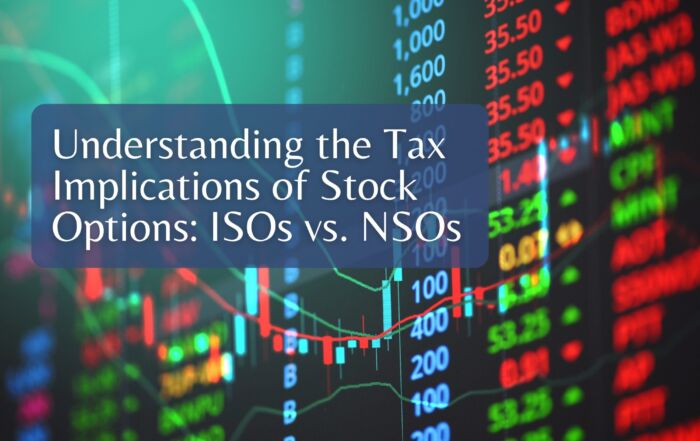Is rebalancing a portfolio during retirement necessary?

The answer to this question is, absolutely yes! Rebalancing should always be part of a disciplined portfolio strategy because over time some assets appreciate while others lose value. Rebalancing— buying and selling certain asset classes— helps maintain the overall targeted balance of assets in a portfolio. In general, having a balanced portfolio is essential in making the most of your investments. Here are some benefits of rebalancing a portfolio, specifically during the retirement phase:
Managing Risk
Ensuring Appropriate Income
Increasing Returns
Adapting to Changing Circumstances
Tax Efficiency
Have more questions? Contact Us
Missie Beach, CFP®, CDFA®
Senior Financial Advisor
Share This Story, Choose Your Platform!
Wiser Wealth Management, Inc (“Wiser Wealth”) is a registered investment adviser with the U.S. Securities and Exchange Commission (SEC). As a registered investment adviser, Wiser Wealth and its employees are subject to various rules, filings, and requirements. You can visit the SEC’s website here to obtain further information on our firm or investment adviser’s registration.
Wiser Wealth’s website provides general information regarding our business along with access to additional investment related information, various financial calculators, and external / third party links. Material presented on this website is believed to be from reliable sources and is meant for informational purposes only. Wiser Wealth does not endorse or accept responsibility for the content of any third-party website and is not affiliated with any third-party website or social media page. Wiser Wealth does not expressly or implicitly adopt or endorse any of the expressions, opinions or content posted by third party websites or on social media pages. While Wiser Wealth uses reasonable efforts to obtain information from sources it believes to be reliable, we make no representation that the information or opinions contained in our publications are accurate, reliable, or complete.
To the extent that you utilize any financial calculators or links in our website, you acknowledge and understand that the information provided to you should not be construed as personal investment advice from Wiser Wealth or any of its investment professionals. Advice provided by Wiser Wealth is given only within the context of our contractual agreement with the client. Wiser Wealth does not offer legal, accounting or tax advice. Consult your own attorney, accountant, and other professionals for these services.





